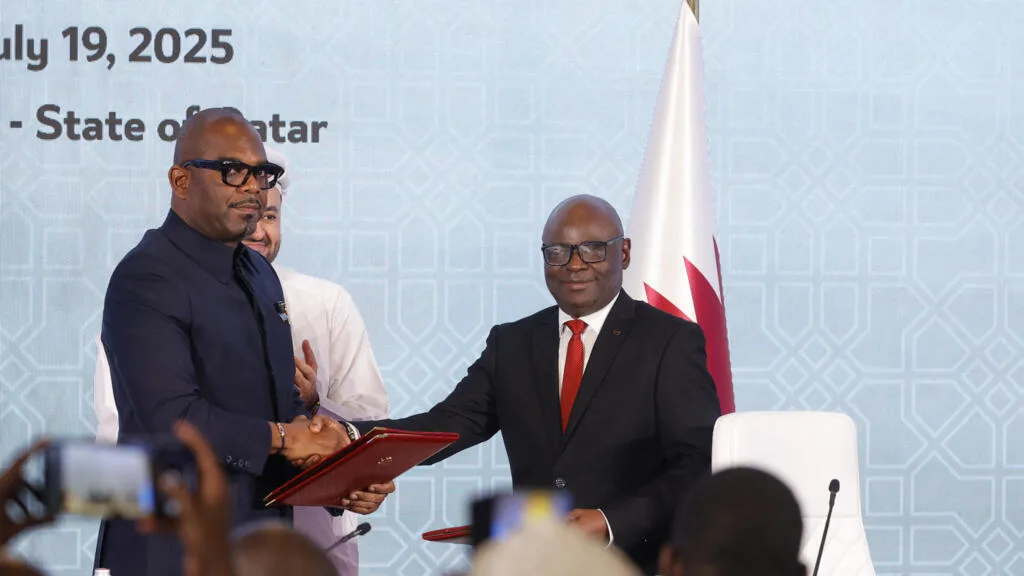
The Democratic Republic of Congo unveiled its new government team overnight Thursday into Friday, in a cabinet reshuffle long anticipated by both political insiders and the public.
Though presented as a gesture of conciliation by President Félix Tshisekedi towards the opposition and an effort to streamline governance, the reshuffle has sparked debate about whether it truly signals renewal or simply repackages the status quo.
The cabinet remains large, with 53 members—virtually unchanged from the previous 54—falling short of promised reductions.
The new lineup includes 6 Deputy Prime Ministers, 13 Ministers of State, 24 Ministers, 5 Ministers Delegate, and 5 Vice-Ministers, indicating more reshuffling than genuine trimming.
Among the most notable moves is the inclusion of two figures from the moderate opposition. Adolphe Muzito, former Prime Minister under Joseph Kabila, returns as Deputy Prime Minister in charge of the Budget—a politically strategic and technocratic appointment given his previous tenure. Floribert Anzuluni, a former Filimbi activist, takes on the role of Minister of Regional Integration.
These appointments suggest a measured openness, yet the reshuffle lacks broad consultation.
No representatives from the radical opposition have joined the government.
Prince Epenge, spokesperson for the Lamuka coalition aligned with Martin Fayulu, reaffirmed their rejection of government participation: “We do not enter government out of fear, intimidation, threats, blackmail, aggression, pity, or money.”
Gender parity remains an unfinished agenda. While women hold key portfolios—including Foreign Affairs, Education, Environment, and Hydrocarbons—and dominate among junior ministers (80%), they make up only 32% of the cabinet (17 out of 53), barely improved from the previous government.
Ultimately, the reshuffle reflects cautious steps—integrating technocrats and moderate opposition voices, and responding to contemporary issues such as climate and digital affairs—but falls short of structural reform or a decisive break from entrenched political balances.
For the DRC to confront its pressing security, economic, and institutional challenges, a more inclusive and bold approach will be essential, extending well beyond government composition.



